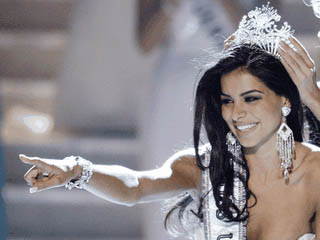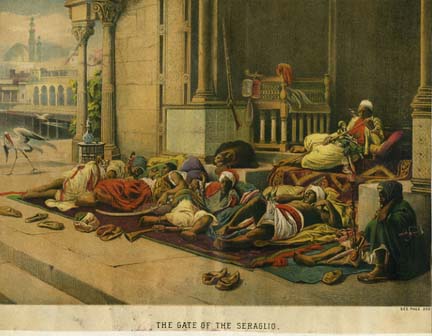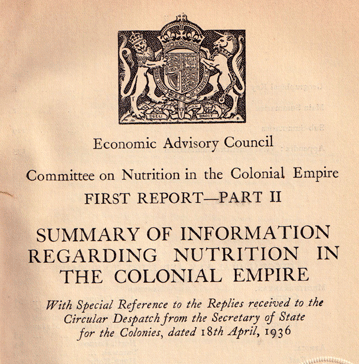
One of the major problems with the blogosphere in which I dip is the ease with which the most ludicrous and obnoxious statements can spread. Witness Mark Williams, the blogging head of the so-called Tea Party, who ranted against a proposed new mosque in lower Manhattan by calling Allah as worshipped by Muslims a “monkey god.” There are many who have denigrated Islam, most often claiming that Allah started out as a moon god in Mecca. But Mr. Williams probably confused Islam with Hinduism, only to compound his ignorance by issuing an apology to Hindus for accidentally offending Hanuman, who is indeed a monkey god. Here is the “apology”: Continue reading Tea Party Monkey Business






